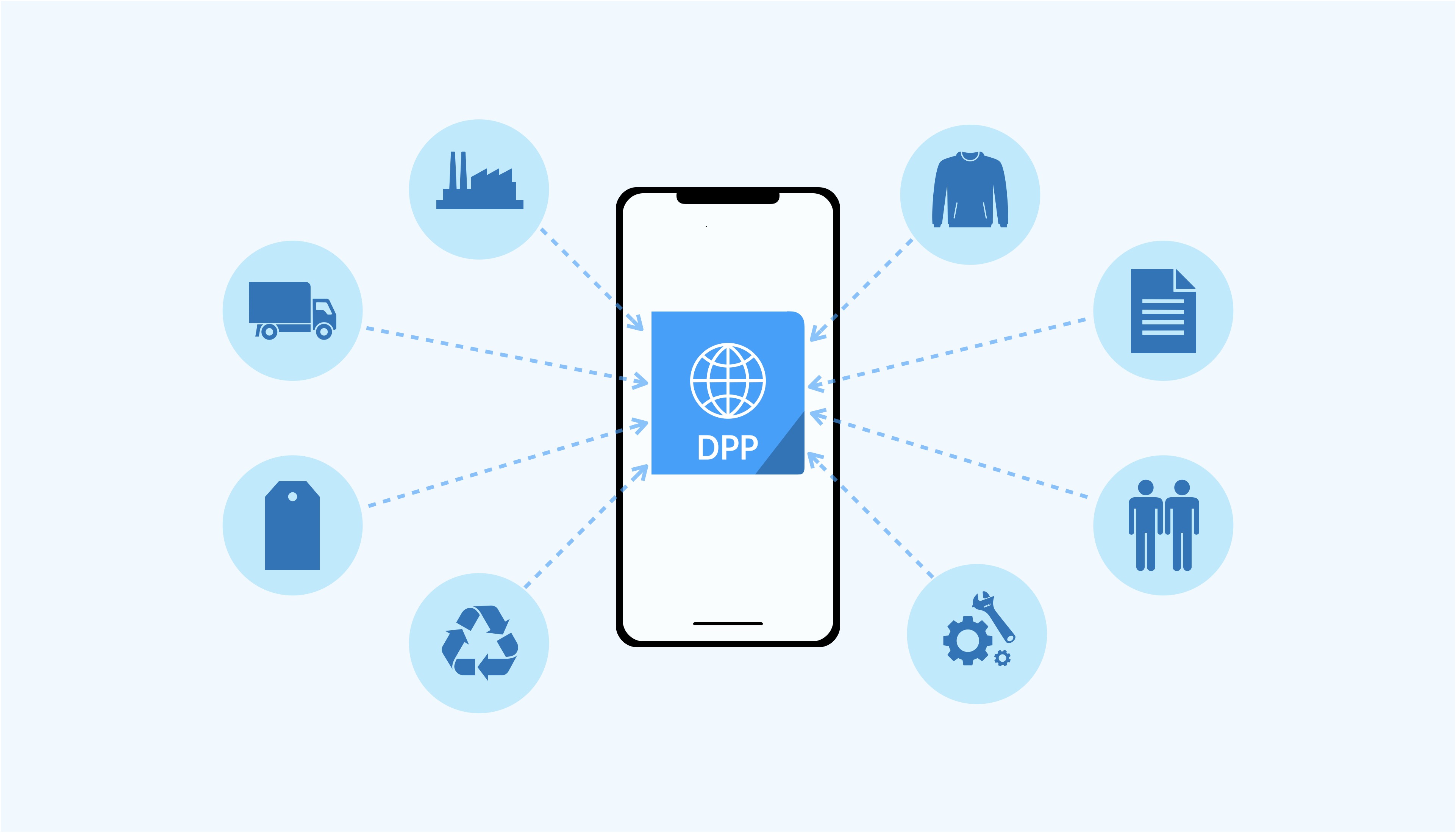- Home
- About Us
- News Updates
- Opinion Article
- Digital Product Passport (DPP): A Global Imperative for Sustainable Supply Chains
Digital Product Passport (DPP): A Global Imperative for Sustainable Supply Chains
The Genesis of DPP: Addressing Global Sustainability Challenges
EU Leadership
2019: The EU launched the European Green Deal, prioritizing circular economy principles.
2022: Introduced the Digital Product Passport (DPP) concept.
2023: Embedded DPP into the Ecodesign for Sustainable Products Regulation (ESPR).
Deadline: By 2027, textiles, batteries, and steel products must comply with DPP requirements to access the EU market.
China's Response
December 2023: The China Academy of Information and Communications Technology (CAICT), alongside industry associations, released the DPP Technology Development Report, outlining technical frameworks for local adoption.
What is a Digital Product Passport (DPP)?
A DPP is a digital twin for products, documenting their lifecycle from raw materials to end-of-life recycling. It enables:
Resource Transparency: Trace material origins, carbon footprint, and chemical composition.
Circular Economy: Guide repairs, recycling, and reuse.
Anti-Counterfeiting: Secure, tamper-proof product authentication.

RFID: The Backbone of DPP Implementation
1. Unique Identification & Data Storage
Each RFID tag provides a globally unique ID, linked to a digital DPP record.
Stores critical data: batch numbers, origin, and compliance certifications.
2. Automated Supply Chain Tracking
Bulk Scanning: RFID readers capture 500+ items per second (vs. manual barcode scans).
Real-Time Updates: Sync production, shipping, and retail data to the DPP platform.
3. Consumer Engagement
NFC Compatibility: Shoppers tap smartphones to view sustainability metrics or recycling instructions.

Global Rollout Timeline
EU Compliance Deadlines:
2025: Electronics and batteries.
2027: Textiles and metals.
2030: Most consumer goods.
Strategic Implications:
Exporters: Non-compliant products face EU market exclusion.
Early Adopters: Gain competitive edge in ESG-driven markets.
Why DPP Matters Worldwide
For Brands: Build trust via transparency; avoid "greenwashing" accusations.
For Consumers: Make informed, sustainable purchases.
For the Planet: Projected to reduce 280M tons of textile waste by 2030 (McKinsey).
"No DPP, No Market Access"—This isn’t just an EU rule but a global supply chain revolution.
Actionable Steps:
Pilot Projects: Test RFID-based DPPs with high-value product lines.
Regulatory Monitoring: Track ESPR updates via EU’s EPR (Extended Producer Responsibility) guidelines.
Ecosystem Collaboration: Partner with suppliers to standardize DPP data formats.



